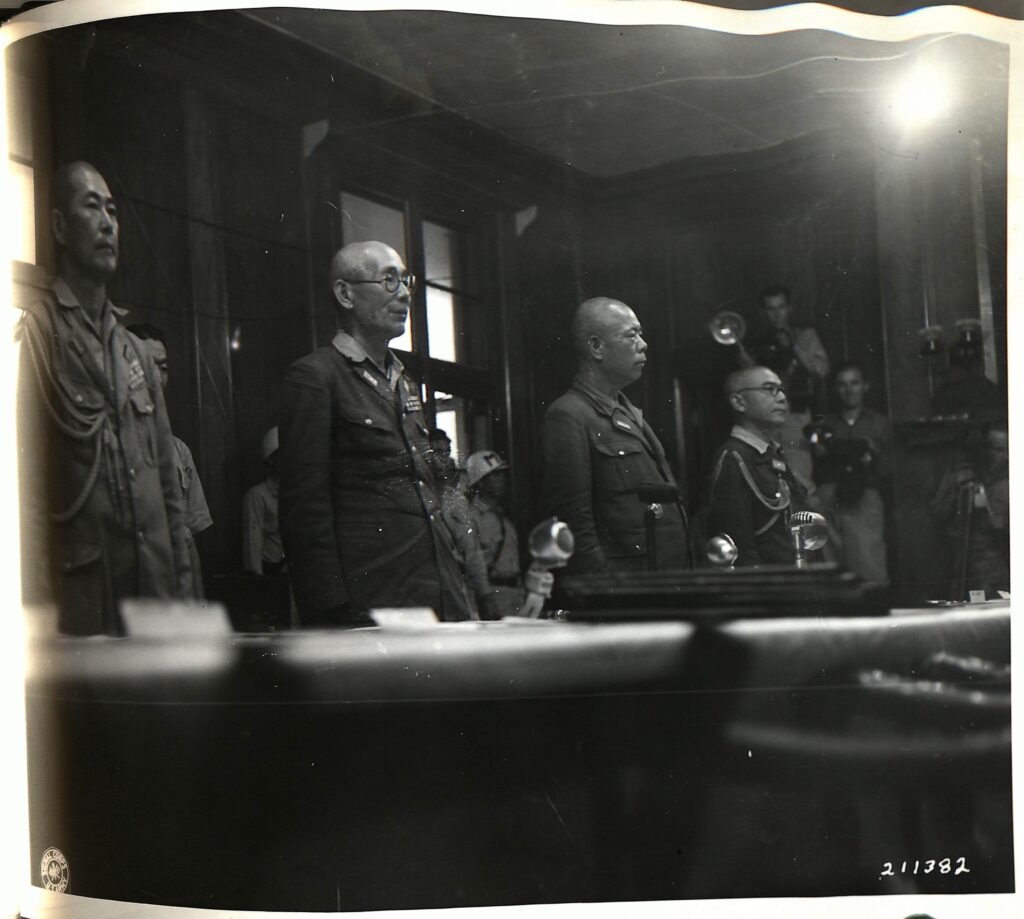Under Tomibe's watch

During the harsh days of World War II internment at Camp Holmes in Baguio City, Philippines, the survival of many hung precariously in the balance. Yet amid the bleakness, a glimmer of hope emerged in the form of Commandant Rokuro Tomibe, the Japanese civilian overseer of the camp from 1943 to 1944.
Tomibe's tenure, as recounted by survivors, was marked by a unique leniency that spared countless lives from the horrors of torture and death that loomed over them. Katherine Ream Sobeck, an internee, recalled Tomibe's pivotal role in securing vital Red Cross aid packages, essential lifelines in a sea of deprivation. His efforts, including personally fetching supplies from Manila, offered a temporary reprieve from starvation for the internees.
Moreover, Tomibe's foresight extended to shielding the internees from the scrutiny of high-ranking officials, advising them to feign discontent to avoid further reductions in rations. Such gestures of empathy and strategic intervention endeared him to those under his charge.
However, Tomibe's compassionate leadership came at a cost. The escape of two internees led to his removal from command, and subsequent torture of three others by Japanese authorities tested his resolve. Yet, Tomibe intervened, negotiating their release and displaying a humanity uncommon in such dire circumstances.
Testimonies from survivors such as Natalie Crouler and James Tyson further underscore Tomibe's legacy of compassion and understanding. Even in the face of adversity, he sought ways to alleviate the burdens of internment, earning respect and gratitude from those he served.
For James Halsema, one of those tortured under Tomibe's watch, the commandant embodied the best of Japanese culture. Their friendship endured beyond the confines of war, with Halsema's testimony sparing Tomibe from post-war prosecution and fostering a lasting bond.
Decades later, as memories of wartime hardships fade, the enduring gratitude towards Tomibe remains palpable among survivors. A reunion in 1977, where Tomibe was honored as a special guest, served as a poignant reminder of his enduring impact. Despite the passage of time, his legacy as a beacon of hope in a dark chapter of history lives on in the hearts of those he once sheltered.